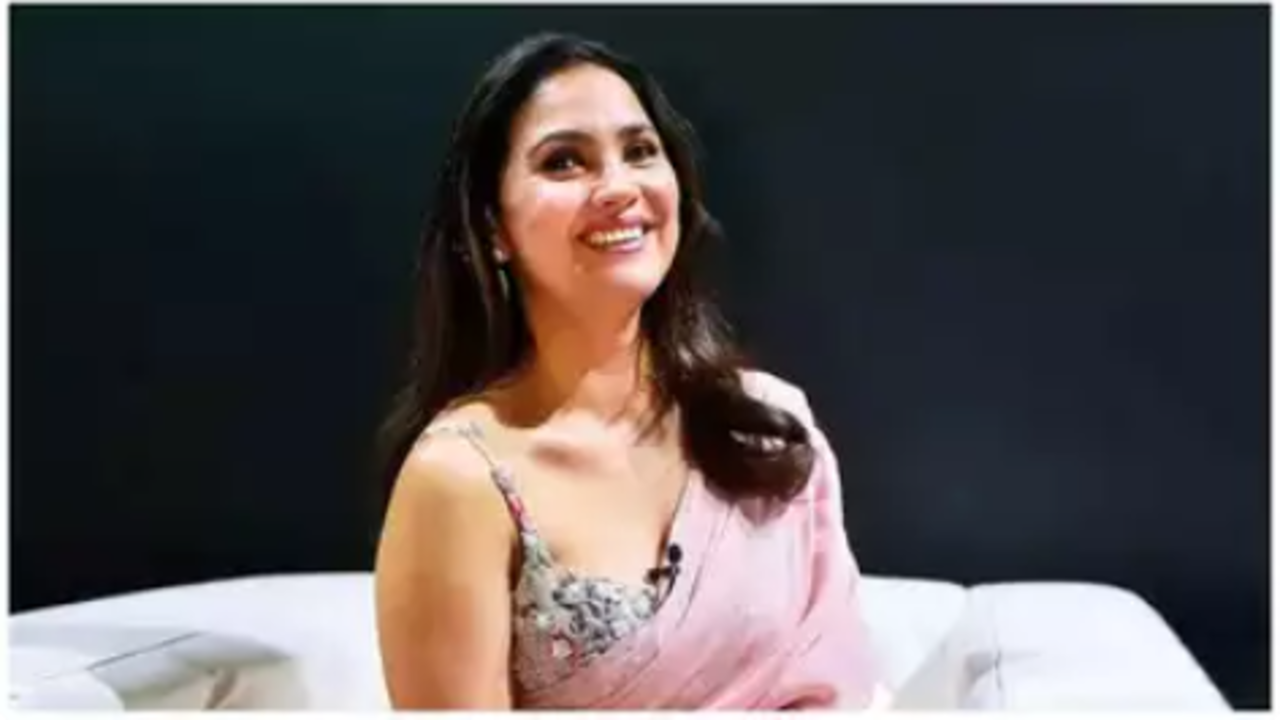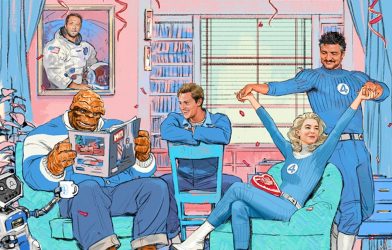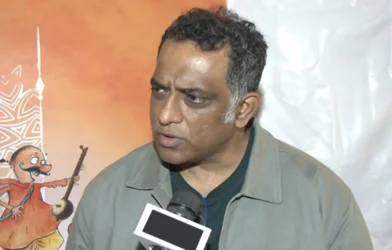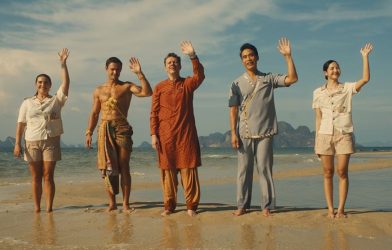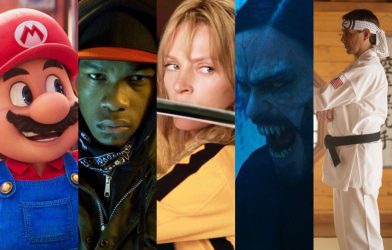Lara Dutta is currently on a career high. She has completed the shooting of Nitesh Tiwari’s Ramayan in which plays Kaikeyi, and is also celebrating the success of web series Ranneeti: Balakot & Beyond where she played a power broker. The actor and producer talks about how better roles are being written for women now…Are better roles being written for women now? What has changed?
I think it’s also because there are more women writers, directors, and producers in the business now. Also, a lot more women are heading the helm of things. And therefore, the representation of women is so much better. You have just better-written characters because now women are writing for women, which never was the case before. It’s great fun. It’s fascinating. It’s a wonderful time to be in.
But how much do you think is the audience responsible for this change in a way?
If you really look at it, for the longest time ever, the majority of the audience has always been female. Sadly enough, women never found themselves represented on screen because they either were the horrible ‘saas’ or the self-sacrificing mother, or the wife who never went against her husband. So, it was very limited in the way that women also were able to deal with themselves. They couldn’t see themselves in those characters on screen. And I think that’s changed a hell of a lot. Also with the advent of OTT, the audience, the percentage of women watching is now actually calculated. So women are speaking up about what they want to see, and therefore you see that translate on the screen as well.
How have female characters changed?
I mean, today, we’re not fighting to show ambitious women, who are unapologetically manipulative, who are diabolical, who are loving, who have marriages, but maybe have affairs. She knows what she wants. And I think we’ve gone beyond that very stereotypical one-dimensional representation of women. And today, if you see, like I was saying, you have such incredible actresses much senior to us, who didn’t have work for the longest time ever. Their careers were over by the time they were in their 40s and 50s. And it’s fantastic to see that today, I’m looking forward to getting older and being in my 50s and 60s because I can see that there are incredible roles to play.
Who would you credit this with?
It’s a collective change. I’ve always been told that if women stand up for women, if we take other women along with us, we always end up creating more opportunity for ourselves and for each other.
—
I think it’s also because there are more women writers, directors, and producers in the business now. Also, a lot more women are heading the helm of things. And therefore, the representation of women is so much better. You have just better-written characters because now women are writing for women, which never was the case before. It’s great fun. It’s fascinating. It’s a wonderful time to be in.
But how much do you think is the audience responsible for this change in a way?
If you really look at it, for the longest time ever, the majority of the audience has always been female. Sadly enough, women never found themselves represented on screen because they either were the horrible ‘saas’ or the self-sacrificing mother, or the wife who never went against her husband. So, it was very limited in the way that women also were able to deal with themselves. They couldn’t see themselves in those characters on screen. And I think that’s changed a hell of a lot. Also with the advent of OTT, the audience, the percentage of women watching is now actually calculated. So women are speaking up about what they want to see, and therefore you see that translate on the screen as well.
How have female characters changed?
I mean, today, we’re not fighting to show ambitious women, who are unapologetically manipulative, who are diabolical, who are loving, who have marriages, but maybe have affairs. She knows what she wants. And I think we’ve gone beyond that very stereotypical one-dimensional representation of women. And today, if you see, like I was saying, you have such incredible actresses much senior to us, who didn’t have work for the longest time ever. Their careers were over by the time they were in their 40s and 50s. And it’s fantastic to see that today, I’m looking forward to getting older and being in my 50s and 60s because I can see that there are incredible roles to play.
Who would you credit this with?
It’s a collective change. I’ve always been told that if women stand up for women, if we take other women along with us, we always end up creating more opportunity for ourselves and for each other.
—
end of article

